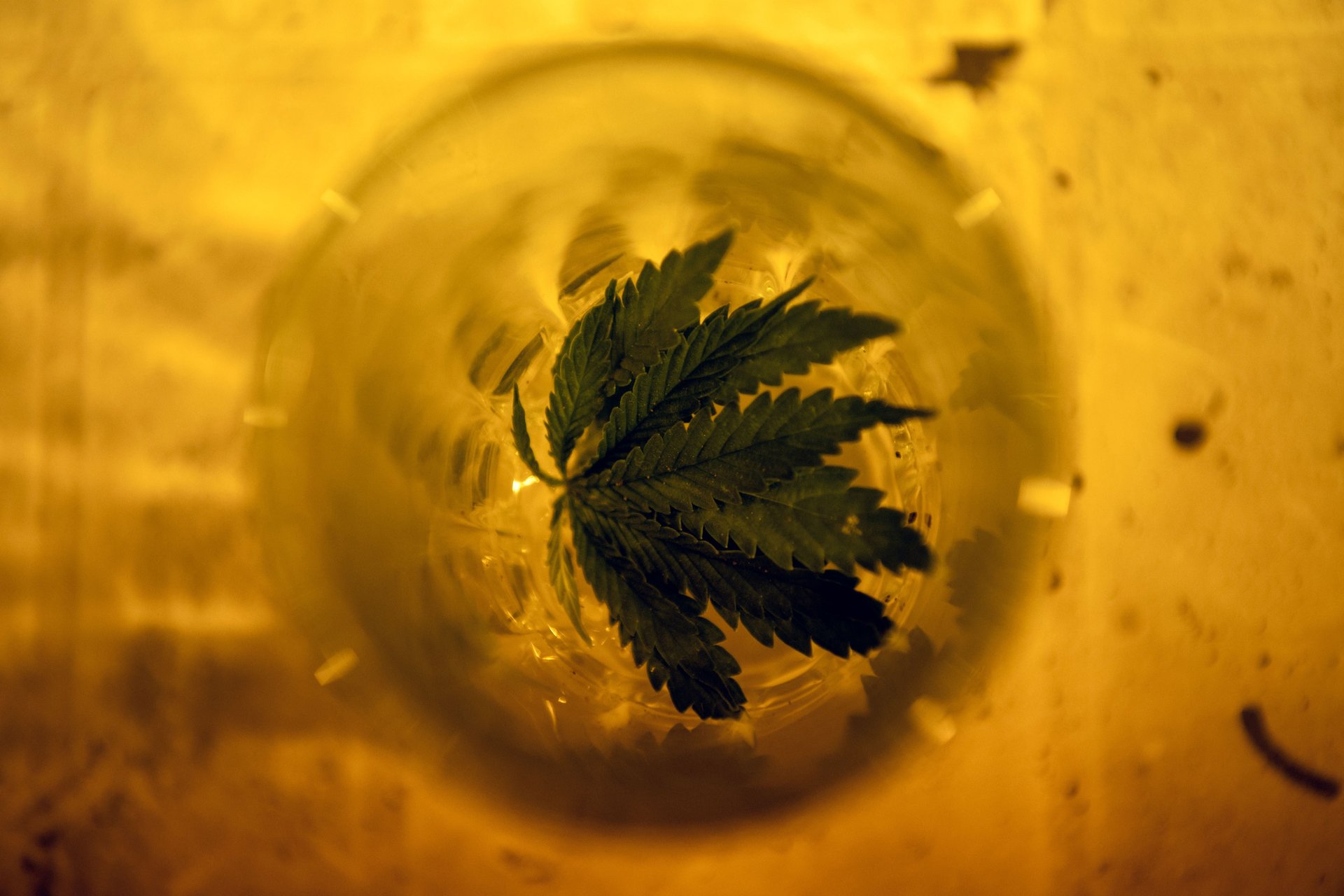Biden just took the first step toward legitimizing the cannabis industry
The president wants to reconsider weed's Schedule I status

On Oct. 6, US president Joe Biden announced a series of steps toward easing the way the country enforces its marijuana laws. In addition to pardoning people convicted on federal marijuana charges, his administration will be considering whether to reclassify marijuana as a less serious drug.
“We classify marijuana at the same level as heroin – and more serious than fentanyl. It makes no sense,” Biden tweeted. “I’m asking @SecBecerra and the Attorney General to initiate the process of reviewing how marijuana is scheduled under federal law.”
Changing marijuana’s classification status could unlock an enormous growth spurt for the US cannabis industry, already valued at $33 billion under current constraints.
Marijuana stocks shot up after Biden’s announcement, which could be the first step in bringing the sector out of the shadows and making it a more mainstream and taxable part of the US economy.
How to de-schedule or reschedule marijuana
Marijuana is currently a Schedule I drug, the most severe classification the government uses. Drugs under this classification are considered to have a high likelihood of abuse and no medical uses. By contrast, cocaine and fentanyl are Schedule II drugs, a lighter designation.
Both Congress and the Biden administration have the ability to change marijuana’s classification. The executive branch’s path is more complicated, needing a full review from both the Justice Department and the Department of Health and Human Services.
Decriminalizing or legalizing marijuana would be a job for Congress, not the president, though the executive branch could effectively stop prosecuting marijuana crimes under federal law if it wanted to.
In recent years, marijuana policy has been largely a state issue: 19 states and the District of Columbia have fully legalized weed, while 38 have approved its medical use. A handful of states have decriminalized the drug without fully legalizing it.
When will cannabis businesses become legit?
Cannabis businesses such as dispensaries often operate as cash businesses. In 2014, the Treasury department clarified that under the Bank Secrecy Act, banks can provide services to pot-related companies, but “many financial institutions remain reluctant to openly enter into relationships with state-authorized marijuana businesses due to the Schedule I status of marijuana,” according to a recent Congressional Research Service report.
It’s unclear whether reclassifying or declassifying marijuana would pave the way for formal banking services and, thus, for consumers to pay at these businesses with credit cards.